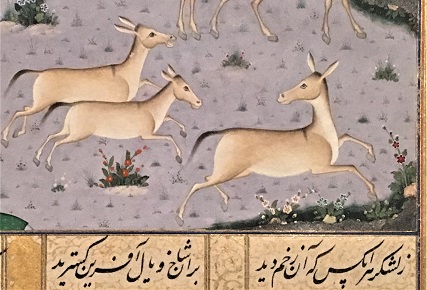By Tahar Hammami (1947-2009)
I see the palm tree walking in the streets
A lofty one, with head held high
The overthrower and defier
Did you see, on that brave day,
the leaves of the palm
as it made its way?
Did you see the palm of the oasis
towering above the square
or the wounded, picking shot from their chest
and binding up the tear?
★ ★ ★
The necks of castor plants bow low
The squill bulb's leaves are folded
★ ★ ★
I see the palm tree walking
in the thick of traffic walking
in the thick of night it's walking
In the thick of an attack it walks
into the sun with eyes lashed shut
onto a promising harvest
The palm is right. You who forget!
Cast off delusion and wear its dress
The palm tree does not cry
The palm tree sings
with sparrows and children
with the waters of the sea
with mountain wheatfields
with the lightning
with the ferment of autumn
and winter rains
I see the palm tree walking in the streets
with the iron of the factories
and the produce of the fields
Long nights and painful incidents
notwithstanding
I see the palm tree standing tall
I see it's not receding
(1981)
(I see the palm tree walking).
Lyrics by Tahar Hammami









